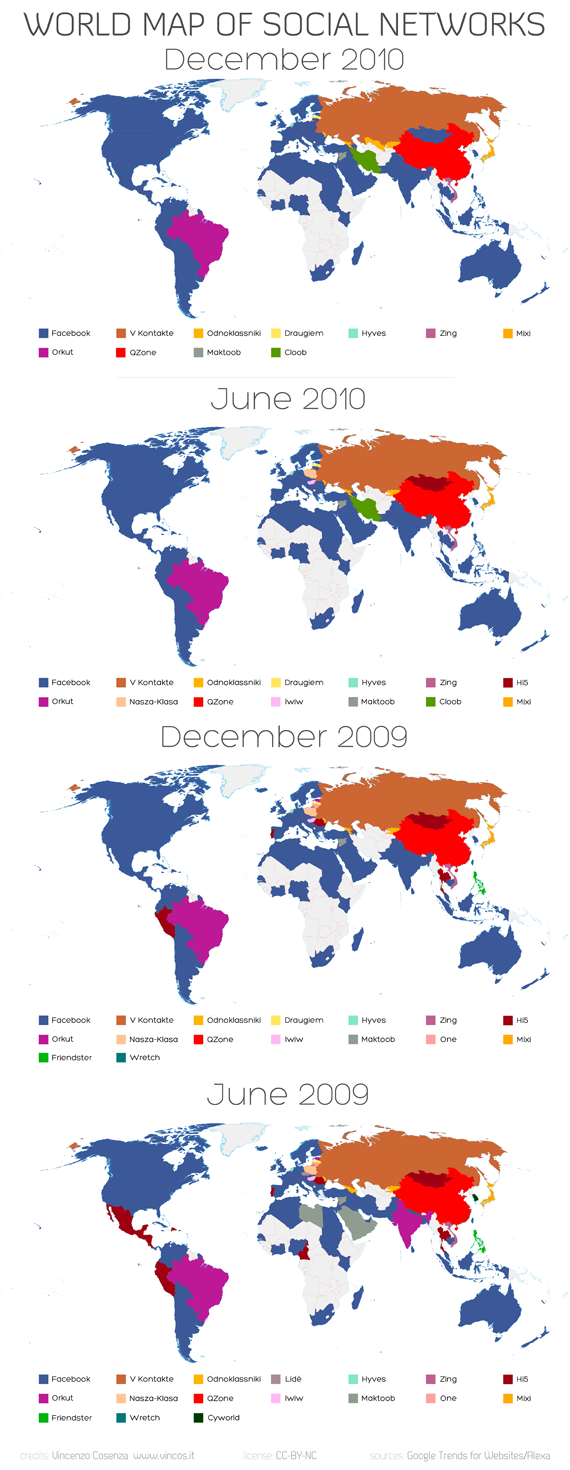.
Op-Ed submission from the Ayn Rand Institute.
What We Owe Our Soldiers
By Alex Epstein
Every Veterans Day we pay tribute to our fellow Americans who have served in the military. With speeches and ceremonies, we recognize their courage and valor. But justice demands that we also recognize that we should have far more living veterans than we do. All too many of our soldiers have died unnecessarily--because they were sent to fight for a purpose other than America's freedom.
.
The proper purpose of a government is to protect its citizens' lives and freedom against the initiation of force by criminals at home and aggressors abroad. The American government has a sacred responsibility to recognize the individual value of every one of its citizens' lives, and thus to do everything possible to protect the rights of each to life, liberty, property, and the pursuit of happiness. This absolutely includes our soldiers.
.
.
Soldiers are not sacrificial objects; they are full-fledged Americans with the same moral right as the rest of us to the pursuit of their own goals, their own dreams, their own happiness. Rational soldiers enjoy much of the work of military service, take pride in their ability to do it superlatively, and gain profound satisfaction in protecting the freedom of every American, including their own freedom.
.
Soldiers know that in entering the military, they are risking their lives in the event of war. But this risk is not, as it is often described, a "sacrifice" for a "higher cause." When there is a true threat to America, it is a threat to all of our lives and loved ones, soldiers included. Many become soldiers for precisely this reason; it was, for instance, the realization of the threat of Islamic terrorism after September 11--when 3,000 innocent Americans were slaughtered in cold blood on a random Tuesday morning--that prompted so many to join the military.
.
Soldiers know that in entering the military, they are risking their lives in the event of war. But this risk is not, as it is often described, a "sacrifice" for a "higher cause." When there is a true threat to America, it is a threat to all of our lives and loved ones, soldiers included. Many become soldiers for precisely this reason; it was, for instance, the realization of the threat of Islamic terrorism after September 11--when 3,000 innocent Americans were slaughtered in cold blood on a random Tuesday morning--that prompted so many to join the military.
.
For an American soldier, to fight for freedom is not to fight for a "higher cause," separate from or superior to his own life--it is to fight for his own life and happiness. He is willing to risk his life in time of war because he is unwilling to live as anything other than a free man. He does not want or expect to die, but he would rather die than live in slavery or perpetual fear. His attitude is epitomized by the words of John Stark, New Hampshire's most famous soldier in the Revolutionary War: "Live free or die."
.
.
What we owe these men who fight so bravely for their and our freedom is to send them to war only when that freedom is truly threatened, and to make every effort to protect their lives during war--by providing them with the most advantageous weapons, training, strategy, and tactics possible.
.
.
Shamefully, America has repeatedly failed to meet this obligation. It has repeatedly placed soldiers in harm's way when no threat to America existed--e.g., to quell tribal conflicts in Somalia, Bosnia, and Kosovo. America entered World War I, in which 115,000 soldiers died, with no clear self-defense purpose but rather on the vague, self-sacrificial grounds that "The world must be made safe for democracy." America's involvement in Vietnam, in which 56,000 Americans died in a fiasco that American officials openly declared a "no-win" war, was justified primarily in the name of service to the South Vietnamese. And the current war in Iraq--which could have had a valid purpose as a first step in ousting the terrorist-sponsoring, anti-American regimes of the Middle East--is responsible for thousands of unnecessary American deaths in pursuit of the sacrificial goal of "civilizing" Iraq by enabling Iraqis to select any government they wish, no matter how anti-American.
.
.
In addition to being sent on ill-conceived, "humanitarian" missions, our soldiers have been compromised with crippling rules of engagement that place the lives of civilians in enemy territory above their own. In Afghanistan we refused to bomb many top leaders out of their hideouts for fear of civilian casualties; these men continue to kill American soldiers. In Iraq, our hamstrung soldiers are not allowed to smash a militarily puny insurgency--and instead must suffer an endless series of deaths by an undefeated enemy.
.
.
To send soldiers into war without a clear self-defense purpose, and without providing them every possible protection, is a betrayal of their valor and a violation of their rights.
.
.
This Veterans Day, we must call for a stop to the sacrifice of our soldiers and condemn all those who demand it. It is only by doing so that we can truly honor not only our dead, but also our living: American soldiers who have the courage to defend their freedom and ours.
.
.
Alex Epstein is a junior fellow at the Ayn Rand Institute (http://www.aynrand.org/) in Irvine, Calif. The Institute promotes Objectivism, the philosophy of Ayn Rand--author of "Atlas Shrugged" and "The Fountainhead." Contact the writer at media@aynrand.org.
*

*
War Loses, Again
by Llewellyn H. Rockwell, Jr.by Llewellyn H. Rockwell, Jr.
by Llewellyn H. Rockwell, Jr.by Llewellyn H. Rockwell, Jr.
More than three years ago, George Bush unleashed the dogs of war on Iraq, perhaps hoping that he would take his place among the "great" war presidents. It's strange how these guys imagine themselves written about in history books in the manner of Washington, Lincoln, and FDR, rather than Truman, Johnson, and Nixon. It's been more than 50 years since war immortalized a president, and yet they keep trying.
.
.
The dogs of war didn't build freedom and democracy in Iraq, or bring justice or peace. Rather, they came right back and ravaged the Republican Party in the election of 2006. This election has probably sealed Bush's place in history as a failed war president who used a period of national anxiety about terrorism for his own personal aggrandizement and the enrichment of his coterie.
.
.
That wasn't part of the plan.
.
.
The loss of the House and perhaps the Senate is all the more extraordinary considering that the failed (no longer any dispute about that) war on Iraq was the decisive issue at every level.
.
.
Think about this. We've grown accustomed to believing that economic interest alone dictates voter habits. From that point of view, voters have little to complain about on the surface. Unemployment is low, stocks are up, inflation is mixed but under control, and growth is not brilliant but creditable. The Iraq War is in the news constantly but it has little impact on most American voters. The draft is threatened but not likely. The war debt is high but hidden.
.
.
What do regular Americans care whether we were lied into war or that Iraq suffers under military occupation that is driving the country into the hands of fanatical Islamic theocrats?
.
.
Well, apparently many voters do care, even those who don't have family members fighting and dying.
.
.
Many people voted based on what might otherwise seem to be an abstraction. Bush undertook this war with arrogance and claims of god-like power. The result has been catastrophic. And apparently this amazing failure of government had an impact on the vote.
.
.
How very 19th century! How very extraordinary! It seems that a certain impulse toward idealism still can make the margin of difference. It's not only about economic interest. Issues of peace and justice and truthfulness really do matter, even now. Ideas and not interests alone can still change the course of history, even in age of cynical democracy in which buying and selling votes is said to be what matters.
.
.
That's the good news. The bad news is that the party that has failed has also taken down some good ideas, among which is that vast increases in the minimum wage are bad for working people. The Republicans campaigned against the many ballot initiatives raising the minimum wage. Six states approved increases in the minimum wage. None of the increases will be devastating to the economies of these states, since they are still low in real terms. But one can only be aghast at the economic ignorance behind such ballots, which are pushed by unionized, high-wage workers precisely to block low-wage workers from entering in to job competition.
.
.
I suppose we should be glad that these are taking place on the state level instead of nationwide. That's some consolation. But they might also be harbingers of the essential struggle to come: whether the economy ought to be controlled and regimented or be permitted to be governed by free market exchange alone. These are the sorts of debates a normal country has. With war out of the picture, who can't but welcome such a debate?
.
.
As bad as these socialistic ideas are, Republican economic interventions such as Sarbanes-Oxley are to some degree worse than a minimum-wage increase. And consider too the Republican Medicare expansions. Who would you rather have ruling you? Social democrats or fascists?
.
.
It's a pathetic fact that the Republican Party squandered yet another opportunity to make a difference for the good in this country. They forever promise freedom but forever deliver despotism. They might have shrunk government, really cut taxes, balanced the budget, reformed money, freed up trade, or decentralized government. Instead, they threw it all away to defend an indefensible war.
.
.
If the Democrats inch us closer to socialism at home, the Republicans must share in the blame for having attempted socialist-style planning on the international level, and more welfare and economic controls at home, not to mention an expansion of the police state.
.
.
Let there be no more talk of the good guys and bad guys in the mainstream of American political life. The state in all its forms is the enemy, and both parties are part of the problem.
.
.
You think it can't happen? That there are too many interest groups dedicated to the permanence of power and planning? The election of 2006 shows that short-term economic interests alone do not always dictate the political future.
.
.
November 8, 2006
Llewellyn H. Rockwell, Jr. [send him mail] is president of the Ludwig von Mises Institute in Auburn, Alabama, editor of LewRockwell.com, and author of Speaking of Liberty.
Copyright � 2006 LewRockwell.com
Lew Rockwell Archives
Llewellyn H. Rockwell, Jr. [send him mail] is president of the Ludwig von Mises Institute in Auburn, Alabama, editor of LewRockwell.com, and author of Speaking of Liberty.
Copyright � 2006 LewRockwell.com
Lew Rockwell Archives













